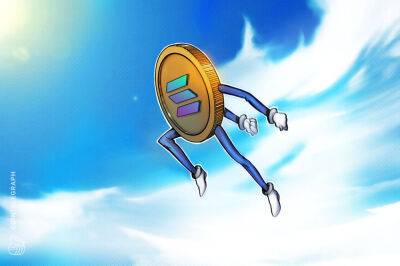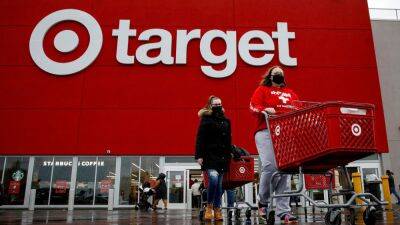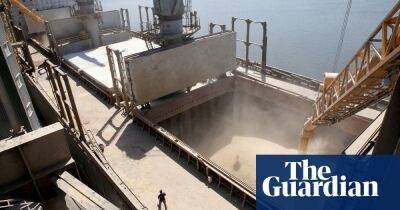Compass v Ocado proves bottom-line profits and dividends still matter
Imagine that on the first day of 2020 you had magically been granted insight into the size and commercial impact of the coming Covid pandemic. From this shortlist of two food-related companies in the FTSE 100 index, would you have chosen to make a “forever” investment in Compass Group, a contract caterer set to be clobbered as offices and schools closed their canteens? Or would you have opted for Ocado, an online retailer with world-leading technology that was about to enjoy a whoosh of demand from locked-down shoppers?
For the first 12 months of this race, the winner seemed blindingly obvious. Compass’s share price halved in anticipation of a plunge in annual operating profits that turned out to be as severe as feared – 82%. The group had to raise £2bn of fresh equity to strengthen its finances.
Over at Ocado, the share price more than doubled between March and September 2020. The company also raised fresh capital – £1bn worth – but its motive was to capitalise on the many online opportunities that were opening up. “The current crisis is proving a catalyst for permanent and significant acceleration in channel shift globally,” declared its chief executive, Tim Steiner, when tapping shareholders and bondholders in June that year.
And now? It turns out that, if your were obliged to hold your investment until now, you were better off backing boring Compass. From 1 January 2020, you’d now be down about 11%. Ocado, after its enormous hurrah, has given up all its gains and then some. From £12.73, the shares went as high as £28.95 and are now 764p. So Ocado is down 40% from the starting line.
What happened? The Compass half of the tale was explained via Wednesday’s forecast-beating first-half set of numbers. Students are back,
Read more on theguardian.com



















